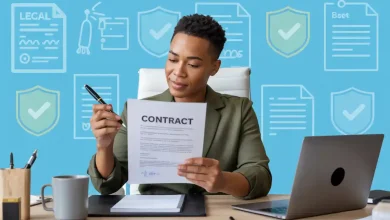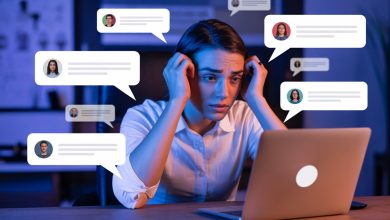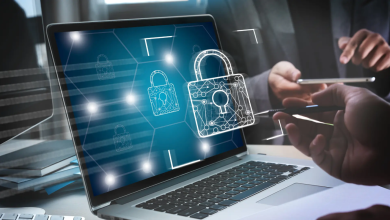Is It Legal to Record Someone Without Consent?
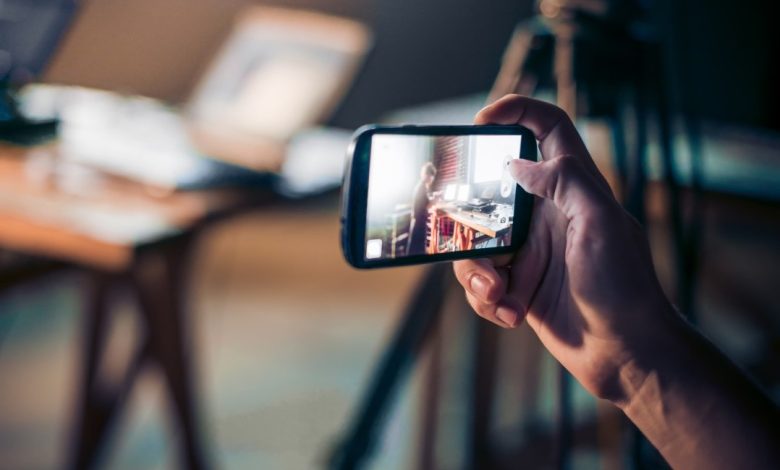
Is it legal to record someone without consent? This is a question that affects journalists, employees, business owners, friends, and families worldwide. With smartphones and recording devices everywhere, understanding the laws, risks, and ethics of recording conversations—whether in person, on the phone, or online—is more important than ever. This article explains the key rules, provides real-life case studies, and offers practical tips in simple, clear language.
Introduction: Is It Legal to Record Someone Without Consent?
Recording conversations is easier than ever, but the legal rules are complex and vary by country, state, and situation. Sometimes, recording someone without their knowledge is legal; other times, it can lead to lawsuits or even criminal charges. Knowing the law protects your rights—and helps you avoid serious trouble.
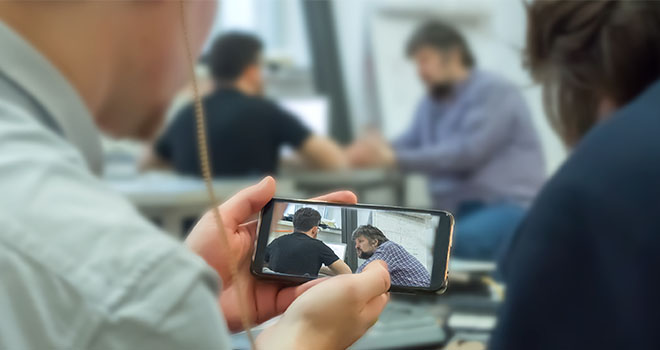
Key Features of Recording Laws
- Consent requirements: Laws may require one or all parties to agree to being recorded.
- Type of conversation: Rules often differ for in-person, phone, or online chats.
- Expectation of privacy: It’s usually illegal to record where people expect privacy (e.g., homes, bathrooms).
- Public vs. private: Recording in public spaces is often more permissible.
- Purpose: Recording for personal use, journalism, or evidence may be treated differently.
- Penalties: Illegal recording can mean fines, jail, or civil lawsuits.
Types of Recordings: Audio, Video, and Digital
- Audio recordings: Phone calls, voice notes, and in-person conversations.
- Digital recordings: Screen captures, online meetings, and app-based calls.
- Video recordings: Filming with or without sound, CCTV, or mobile video.
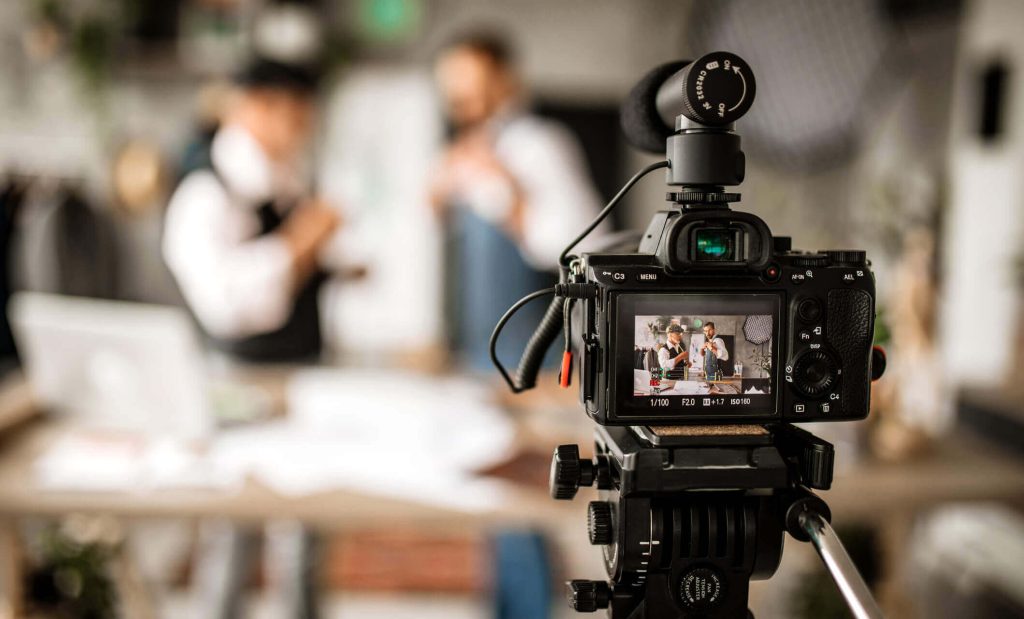
One-Party vs. Two-Party Consent: What Do These Mean?
Is It Legal to Record Someone Without Consent—Consent Rules Explained
- One-party consent: Only one person in the conversation needs to know about and agree to the recording. In these places, you can record your own conversations without telling the other person.
- Two-party (or all-party) consent: Everyone in the conversation must agree to the recording. Recording without consent is illegal and can be punished.
- Mixed rules: Some countries or states have special rules for certain types of calls or situations.
Recording Laws by Country and Region
Is It Legal to Record Someone Without Consent—Global Overview
Visual: Recording Consent Table
| Country/Region | Consent Rule | Notes |
|---|---|---|
| Nigeria | One-party consent | For most situations |
| South Africa | One-party consent | But some exceptions |
| US (most states) | One-party consent | 11 states require all-party |
| UK | One-party consent | But sharing may be restricted |
| Canada | One-party consent | Federal law, some exceptions |
| Germany | Two-party consent | Strict criminal penalties |
| Australia | Varies by state | Some require all-party consent |
Recording Laws in Nigeria and Africa
Is It Legal to Record Someone Without Consent—Nigeria & Africa
- Nigeria: Generally follows one-party consent. If you are part of the conversation, you can record it without telling the other party. Sharing or publishing the recording without consent may be restricted, especially if it invades privacy or is defamatory.
- South Africa: Also one-party consent, but with exceptions for certain private or confidential settings.
- Other African countries: Laws vary; always check local statutes.
Recording Laws in the US, UK, and Other Regions
Is It Legal to Record Someone Without Consent—US, UK, and Beyond
- US: Most states are one-party consent, but California, Florida, Illinois, and others require all-party consent. Federal law is one-party consent for most situations.
- UK: You can record your own conversations, but sharing or publishing without consent may breach privacy or data protection laws.
- Europe: Many countries (e.g., Germany, France) require all-party consent and have strict penalties for illegal recording.
- Asia: Rules vary widely; some countries have no clear laws, others are very strict.
Recording at Work, in Public, and in Private
Is It Legal to Record Someone Without Consent—Context Matters
- At work: Employers may record calls for quality or training, but usually must notify employees. Secretly recording your boss or colleagues can be risky and may violate company policy or local law.
- In public: Less expectation of privacy, so video or audio recording is often legal. However, using recordings for harassment or blackmail is always illegal.
- In private: Stronger privacy protections. Recording in homes, bathrooms, or private meetings without consent is usually illegal.
Admissibility in Court: When Is a Recording Legal Evidence?
Is It Legal to Record Someone Without Consent—Courtroom Use
- Legally obtained recordings: If made in line with local consent laws, recordings can be used as evidence in court.
- Exceptions: In some cases (e.g., exposing corruption, threats, or crime), courts may allow illegally obtained recordings if the public interest is high.
- Illegally obtained recordings: May be excluded from evidence, and the person who made the recording could face penalties.
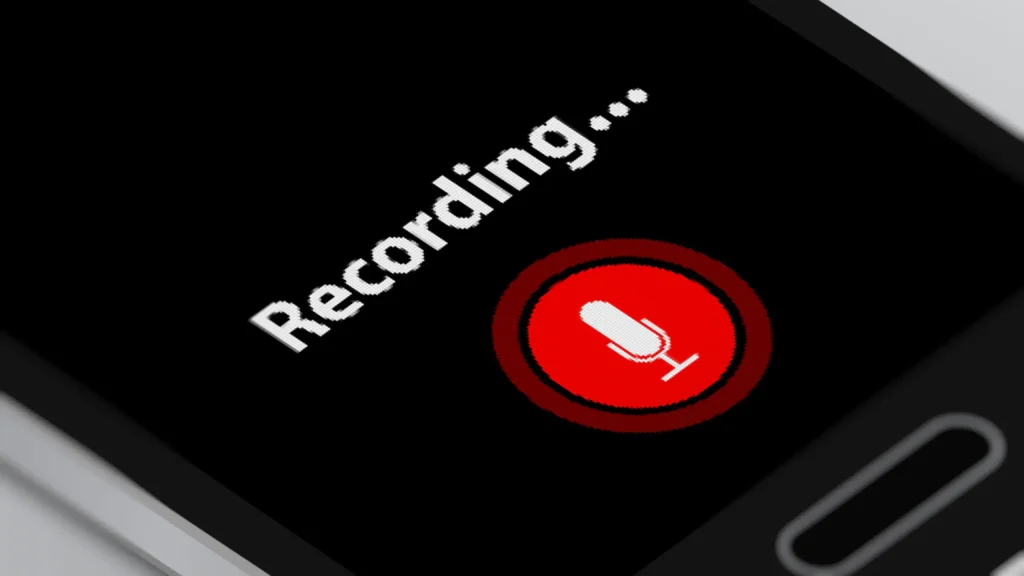
Is It Legal to Record Someone Without Consent—Tech Trends & New Challenges
The Rise of Everyday Recording
- Smartphones: Nearly everyone now has a device that can record audio and video discreetly.
- Wearables: Smartwatches, glasses, and even pens can record without obvious signs.
- Apps: Call recording, meeting capture, and screen recording apps are widely available, sometimes auto-enabled.
Impact on Privacy and Trust
- Workplace: Employees may secretly record meetings or calls for protection or leverage, creating HR and legal risks.
- Social settings: Friends, family, or strangers may record conversations, leading to viral leaks and reputational harm.
- Public spaces: Increased surveillance and bystander recordings raise new questions about privacy rights in crowds or emergencies.
“Technology has made recording so easy that the law is struggling to keep up. What’s legal today might be illegal tomorrow as new cases set precedents.”
— Clara Mensah, Privacy Law Expert
International Developments and High-Profile Cases
Is It Legal to Record Someone Without Consent—Global Headlines
Notable Legal Battles
- United States: Secret recordings have led to both whistleblower victories and criminal charges, depending on state law.
- Europe: The GDPR has increased penalties for unlawful recording and sharing of personal data.
- Asia: In Japan and South Korea, high-profile cases involving celebrities and politicians have sparked public debate on privacy and consent.
- Africa: In Nigeria, recordings have exposed corruption but also triggered lawsuits over privacy and defamation.
Visual: Recent Global Cases Table
| Country | Case Example | Outcome / Legal Principle |
|---|---|---|
| Nigeria | Politician bribery tape | Recording legal, sharing led to suit |
| US (CA) | Employee v. Employer | Secret recording led to criminal charge |
| UK | Leaked celebrity call | Recording legal, sharing breached privacy |
| Germany | Family dispute | Recording without consent criminalized |
| India | Journalist sting | Recording legal, but sharing scrutinized |
The Ethics of Recording Without Consent
Is It Legal to Record Someone Without Consent—Ethical Dilemmas
- Intent matters: Courts sometimes weigh the purpose—protection, evidence, or malice—in deciding admissibility or penalties.
- Public interest: Some illegal recordings are allowed in court if they reveal serious crimes or protect vulnerable people.
- Whistleblowing vs. privacy: Recording may expose wrongdoing but also violate privacy rights.
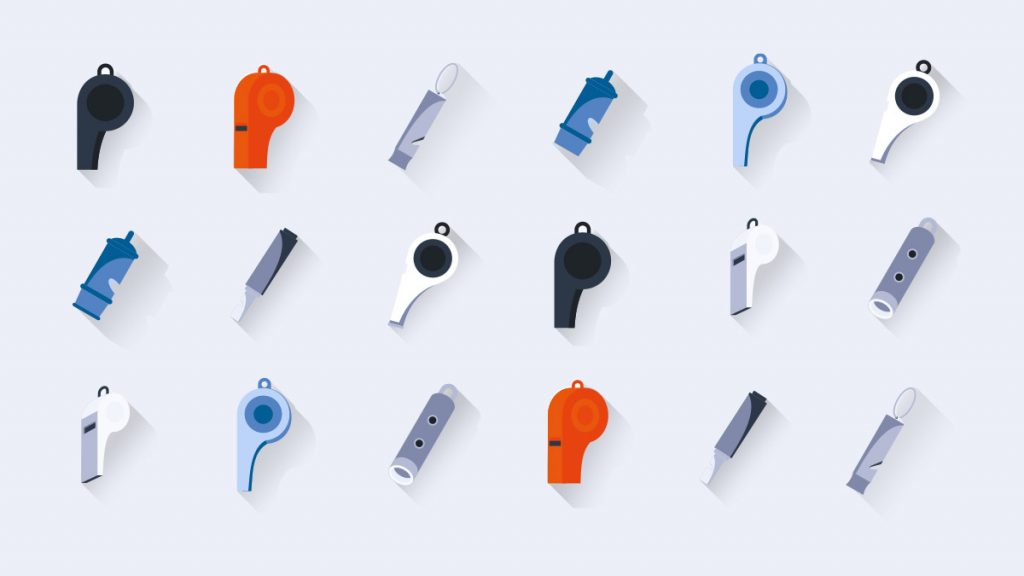
Recording in Business, Journalism, and Law Enforcement
Is It Legal to Record Someone Without Consent—Industry Perspectives
Business
- HR investigations: Secret recordings can help prove harassment or discrimination but may also breach company policy.
- Internal meetings: Many companies now require explicit consent for recording calls or meetings, even in one-party consent regions.
Journalism
- Source protection: Journalists may record interviews for accuracy, but must balance legal and ethical duties to sources.
- Undercover reporting: Laws may allow secret recording in the public interest, but risks lawsuits if privacy is breached.
Law Enforcement
- Body cams: Police often record interactions for accountability, but must follow strict rules on consent and disclosure.
- Wiretapping: Most countries require a court order for law enforcement to record private conversations.
Visual: Consent Law Compliance Checklist
| Step | Why It Matters |
|---|---|
| Check local law | Consent rules vary by country/state |
| Get written consent | Strongest legal protection |
| Notify all parties | Avoids disputes, builds trust |
| Secure recordings | Prevents leaks and unauthorized use |
| Limit sharing | Reduces risk of privacy lawsuits |
| Document purpose | Shows intent if challenged in court |
Case Studies: Real-World Examples
Case Study 1: The Nigerian Journalist
A reporter records a government official offering a bribe. As one-party consent applies, the recording is legal and leads to a corruption investigation.
Case Study 2: The US Employee in California
An employee secretly records a meeting with their boss in California (an all-party consent state). The recording is illegal and cannot be used in court.
Case Study 3: The UK Phone Call
A business owner records a phone call with a supplier. The recording is legal for personal use but sharing it online without consent could breach UK privacy law.
Case Study 4: The German Family Dispute
A woman records her husband’s threats in Germany (two-party consent). The recording is illegal, but the court admits it as evidence due to the seriousness of the threat.
Case Study 5: The South African Whistleblower
A bank employee records illegal activity at work. As one-party consent applies, the recording is legal and helps expose fraud.
Case Study 6: The Canadian Customer Service Call
A customer records a dispute with a telecom company. One-party consent applies, but using the recording in a public campaign could breach privacy laws.
Case Study 7: The Nigerian Celebrity Scandal
A leaked phone call between celebrities goes viral. The person who leaked it may face lawsuits for invasion of privacy and defamation, even if the recording itself was legal.
Case Study 8: The Australian Workplace
An employee in Queensland records a meeting without telling others. As all-party consent is required, the recording is illegal and the employee faces disciplinary action.
Case Study 9: The NGO Whistleblower in Kenya
An NGO worker records evidence of fraud. The recording is legal under one-party consent, but public release triggers a defamation suit.
Case Study 10: The School Bullying Incident in the UK
A student records bullying on a smartphone. The recording helps the investigation, but sharing on social media leads to privacy complaints.
Case Study 11: The German Tenant Dispute
A tenant records a landlord’s threats without consent. The court allows the recording due to the seriousness of the threat, despite two-party consent law.
Case Study 12: The South African Customer Service Call
A customer records a call with a telecom provider. The recording is legal, but public posting online is challenged under data protection law.
Pros and Cons Table
| Pros of Recording Without Consent | Cons / Legal Risks of Recording |
|---|---|
| Can provide key evidence | May be illegal in some places |
| Helps expose crime or corruption | Risk of fines, jail, or lawsuits |
| Protects against false accusations | May breach trust, harm relationships |
| Useful for personal security | Often not admissible in court |
| Can clarify disputes | Sharing may violate privacy laws |
| Quick and easy with modern devices | May damage reputation if leaked |
Tips for Recording Safely and Legally
- Know the law: Always check local consent rules before recording.
- Get consent if unsure: When in doubt, ask for permission.
- Don’t share recklessly: Publishing or leaking recordings can bring legal trouble, even if recording was legal.
- Keep records secure: Protect recordings from leaks or misuse.
- Use for evidence, not revenge: Only use recordings to protect your rights or expose wrongdoing, not to embarrass or harass others.
- Consult a lawyer: If you plan to use a recording in court or public, get legal advice first.
- Respect privacy: Never record in places where people expect privacy.
- Follow workplace policies: Many employers have strict rules about recording at work.
- Always check the latest law: Rules change as new technology and cases emerge.
- Use consent forms: Especially in business, journalism, or legal settings.
- Limit use: Only use recordings for legitimate protection or evidence—not for revenge or embarrassment.
- Secure storage: Use encrypted apps or devices to prevent unauthorized leaks.
- Consult experts: For sensitive or high-stakes situations, get legal advice first.
Looking Ahead: The Future of Consent and Recording Laws
- AI and voice assistants: New laws may address passive recording by smart devices.
- Global harmonization: Expect more countries to align on stricter privacy and consent rules.
- Tech solutions: Apps that notify all parties or automatically seek consent may become standard.
Frequently Asked Questions (FAQ)
1. Is it always illegal to record someone without consent?
No. Laws vary—some places allow one-party consent, others require all parties to agree.
2. Can I record a phone call in Nigeria?
Yes, if you are part of the call. But sharing it may be restricted.
3. What happens if I record illegally?
You could face fines, jail, or civil lawsuits, and the recording may not be usable in court.
4. Can recordings be used as evidence in court?
Only if legally obtained under local laws. Illegally obtained recordings are often excluded.
5. Is it legal to record at work?
It depends on local law and company policy. Always check before recording.
6. Can I record in public places?
Usually yes, but never for harassment or blackmail.
7. What about recording video without sound?
Video-only recording may have different rules, but privacy laws still apply.
8. Can I record someone to protect myself?
Yes, if local law allows. In emergencies, courts may allow illegal recordings if public interest is high.
9. What if I get consent after recording?
Consent should be given before or during recording, not after.
10. How do I know if my country is one-party or all-party consent?
Check local laws or consult a lawyer for up-to-date advice.
Conclusion
Is it legal to record someone without consent? The answer depends on where you are, why you’re recording, and how you use the recording. Always know the law, respect privacy, and use recordings responsibly to protect your rights—not to break them.

